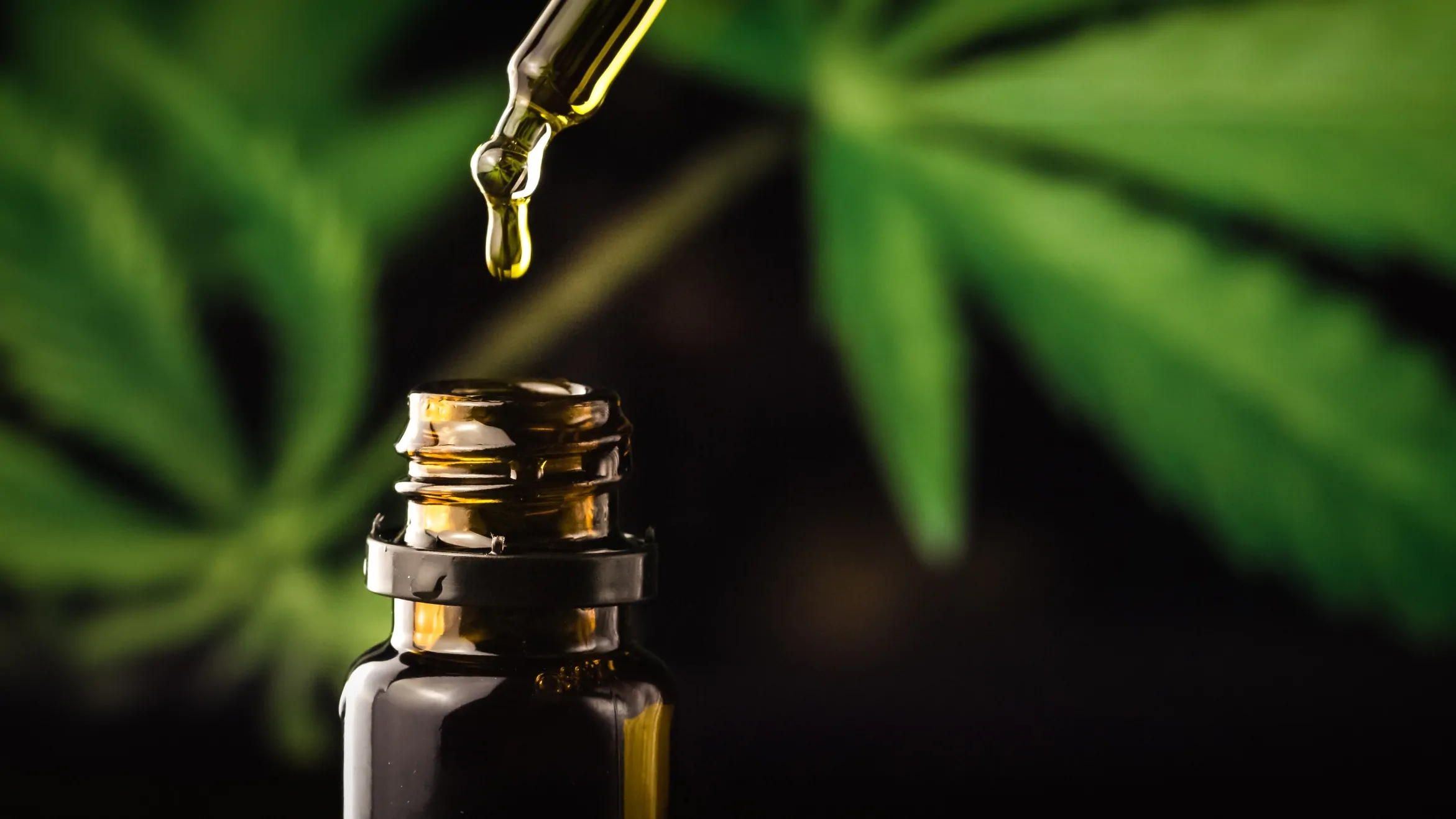Just weeks after Governor Kay Ivey signed HB445 into law, establishing the state’s first regulatory framework for hemp-derived consumable products, Sen. April Weaver, R-Brierfield, has reintroduced a bill that would upend that system.
SB1, filed June 25 ahead of the 2026 legislative session, proposes a far more restrictive approach, effectively banning the sale of Delta-8, Delta-10, and similar psychoactive THC products outside of pharmacies, and classifying those compounds as controlled substances.
HB445, introduced by Rep. Andy Whitt, R-Harvest, was passed with bipartisan support and was pitched as a compromise. It allowed hemp-derived products to remain legal for adults while placing regulations on who could sell them and how.
Small business owners across Alabama say HB445 introduced significant new compliance costs and uncertainty, particularly for vape shops and convenience stores that previously sold hemp-derived products without regulation.
Some are scrambling to secure ABC licenses, relabel inventory or shut down product lines altogether ahead of the law’s July 1 effective date. Many will have to close their doors or cut their losses.
HB445 prohibits sales to anyone under 21, limits THC content to 10 milligrams per serving and 40 milligrams per package and bans smokable hemp products altogether. It also restricts sales to brick-and-mortar retailers licensed by the Alabama Alcoholic Beverage Control Board and outlaws online and drive-thru purchases.
Weaver’s SB1 seeks to reverse that direction. The proposed legislation states that “no person shall sell or distribute any consumable hemp product except by a pharmacy licensed by the Alabama State Board of Pharmacy.”
It also requires that hemp products be made exclusively from plants “grown and processed in Alabama” and subjected to a state-run “seed-to-sale” tracking system managed by the Alabama Department of Agriculture and Industries.
Most notably, SB1 takes a hard line on hemp-derived THC variants. It amends Alabama’s controlled substances schedule to classify Delta-8, Delta-10 and other isomers of tetrahydrocannabinol as Schedule I substances, placing them in the same legal category as heroin and LSD.
This would render the possession or sale of most currently available hemp products a felony offense. HB445, by contrast, does not criminalize Delta-8 or similar compounds. Instead, it regulates them as adult-use products subject to packaging, testing and retail restrictions.
While HB445 permits retailers to sell THC-infused beverages and edibles as long as they meet labeling and potency standards, SB1 would permit sales only of products dispensed “under the supervision of a licensed pharmacist,” and then only if they are produced from in-state hemp and accompanied by testing documentation.
Weaver, a registered nurse and former Trump administration health official, has previously voiced concerns about unregulated THC products being marketed to minors and sold in gas stations without oversight. The bill reflects that hemp-derived cannabinoids should be treated more like prescription drugs than wellness supplements.
By contrast, HB445 was framed by its supporters as a necessary guardrail, not a ban.
“The goal was never to criminalize these products outright,” said Whitt during floor debate in April. “It was to make sure our kids don’t have access to them, and that the products being sold in our state are tested, labeled and sold responsibly.”
With HB445 now set to take effect in days, and enforcement authority already being delegated to state agencies, Weaver’s SB1 sets the stage for renewed debate when lawmakers return to Montgomery next session.
Senate Bill 1, reintroduced by Sen. April Weaver, would upend the House Bill 445’s framework and restrict sales to licensed pharmacies. Read More


